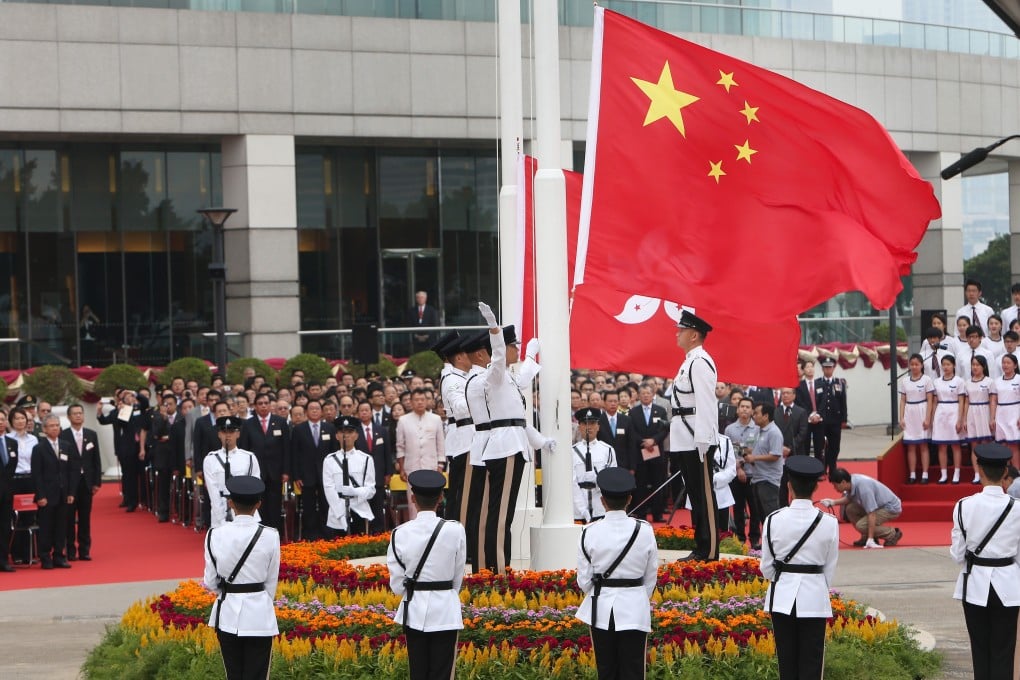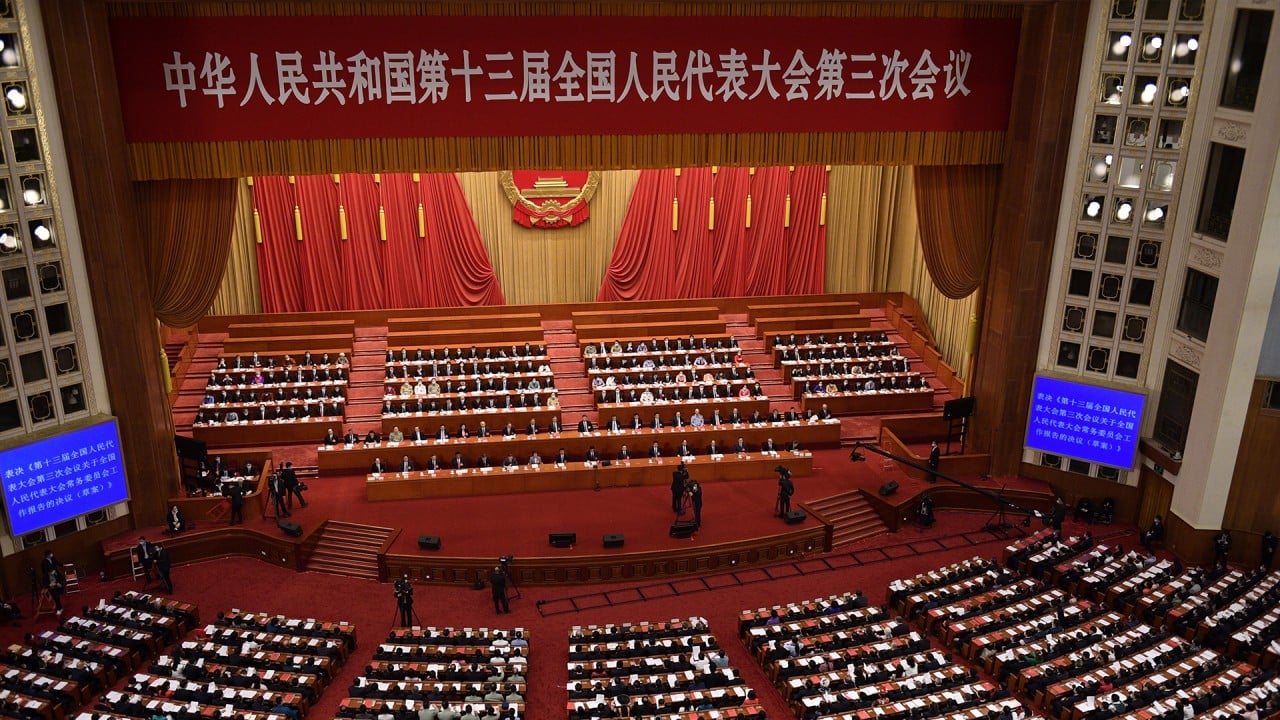Opinion | Why a national security law does not threaten Hong Kong’s autonomy or violate international agreements
- Hong Kong has more autonomy than US states and strong protections for human rights. The proposed national security law is restricted to four crimes
- It is not the first regulation governing the relationship between Hong Kong and China to be listed in Annex III of the Basic Law

The National People’s Congress decision to enact national security legislation for Hong Kong will safeguard Hong Kong and China from separatist, subversive and terrorist activities, and foreign intervention.
The enactment of the national security law in no way violates Hong Kong’s “high degree of autonomy”. Though the Joint Declaration sets out the basic principles of Hong Kong’s return to Chinese sovereignty, it also made clear that policies governing the city would be stipulated in a Basic Law by the NPC. As there is no mention of a national security law in the Joint Declaration, enacting one now could not be said to violate it.

02:33
China’s top legislature approves national security bill for Hong Kong
Although Article 23 requires Hong Kong to enact laws “on its own” to prohibit seven crimes, the article is situated in Chapter II of the Basic Law titled “Relationship between the central authorities and the Hong Kong special administrative region”. Thus, describing Article 23 as a provision related to regional autonomy is a misnomer.
